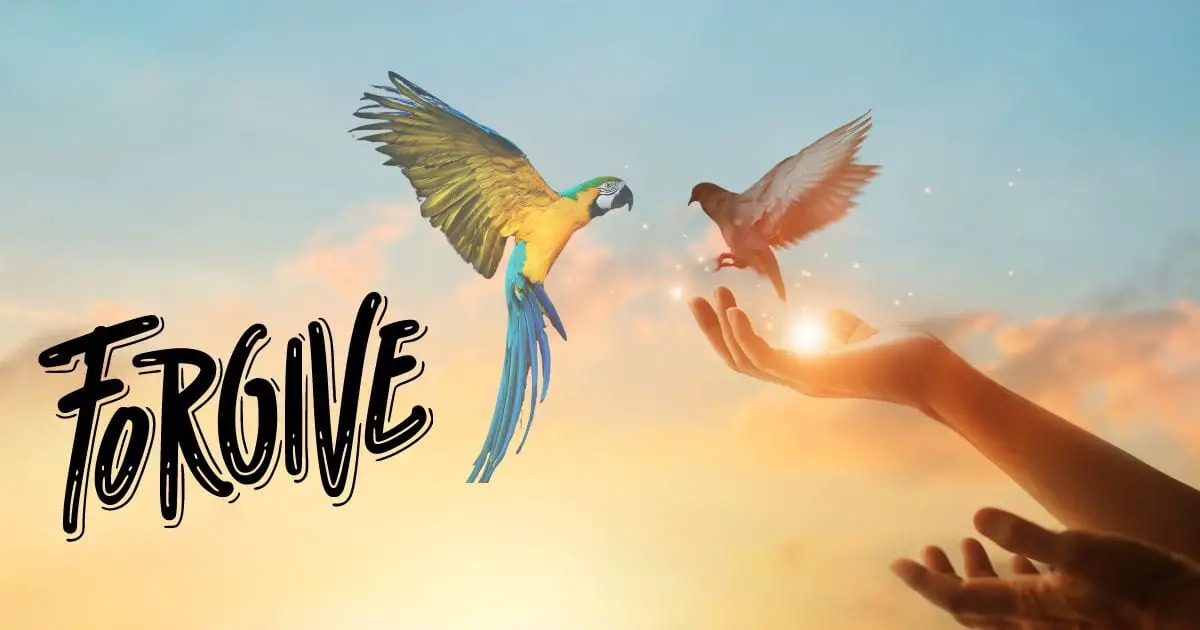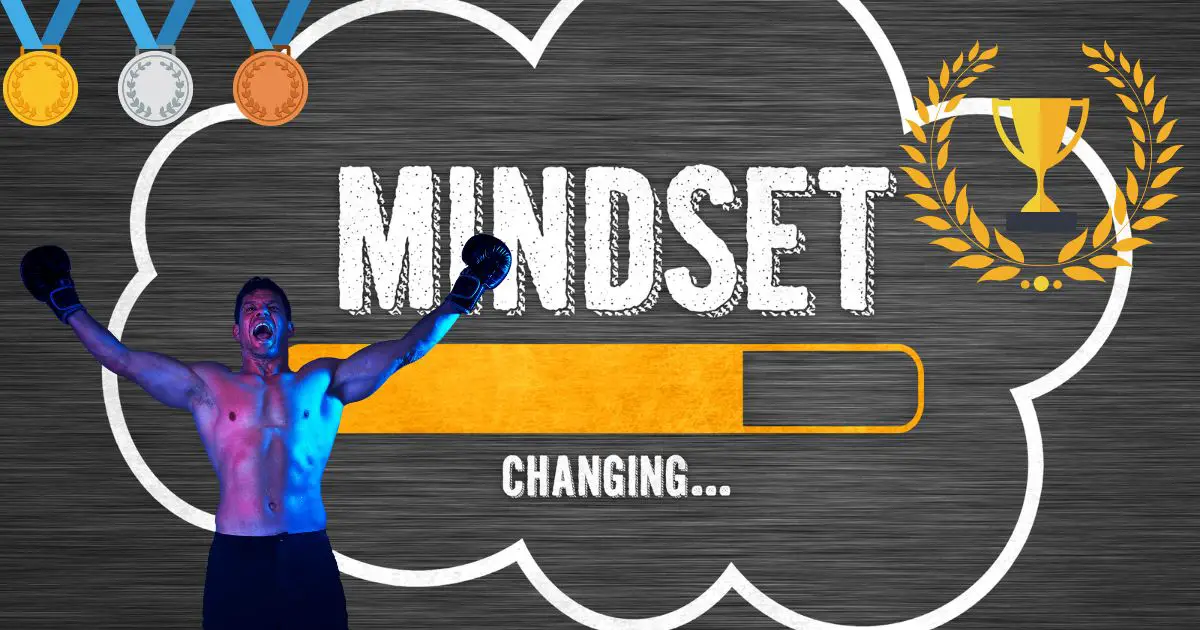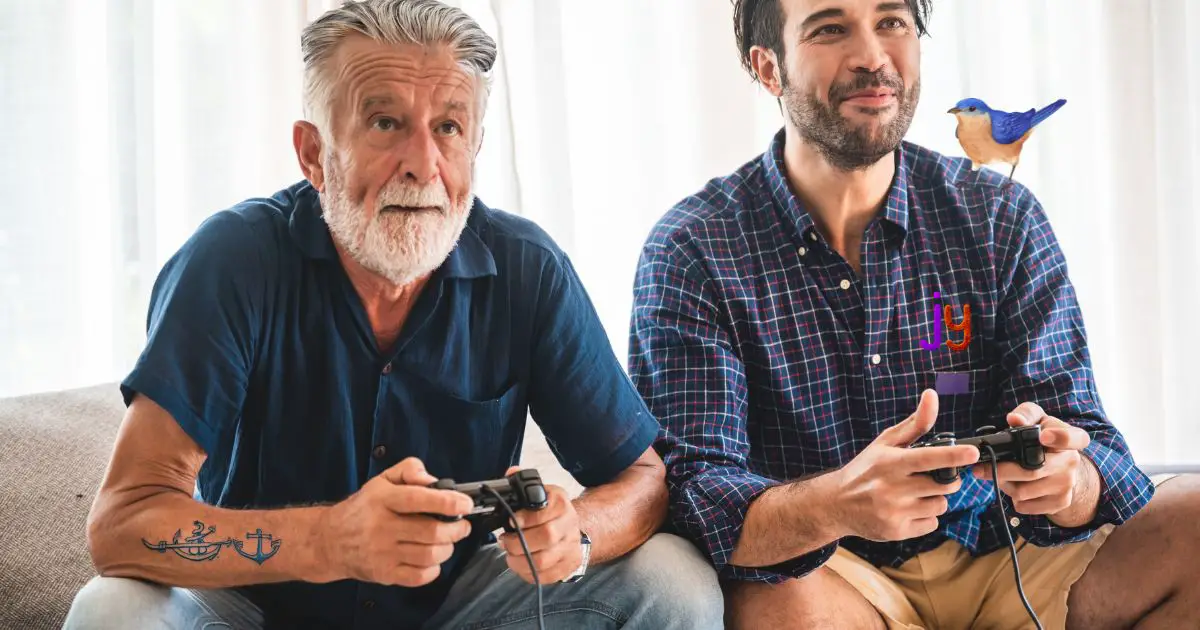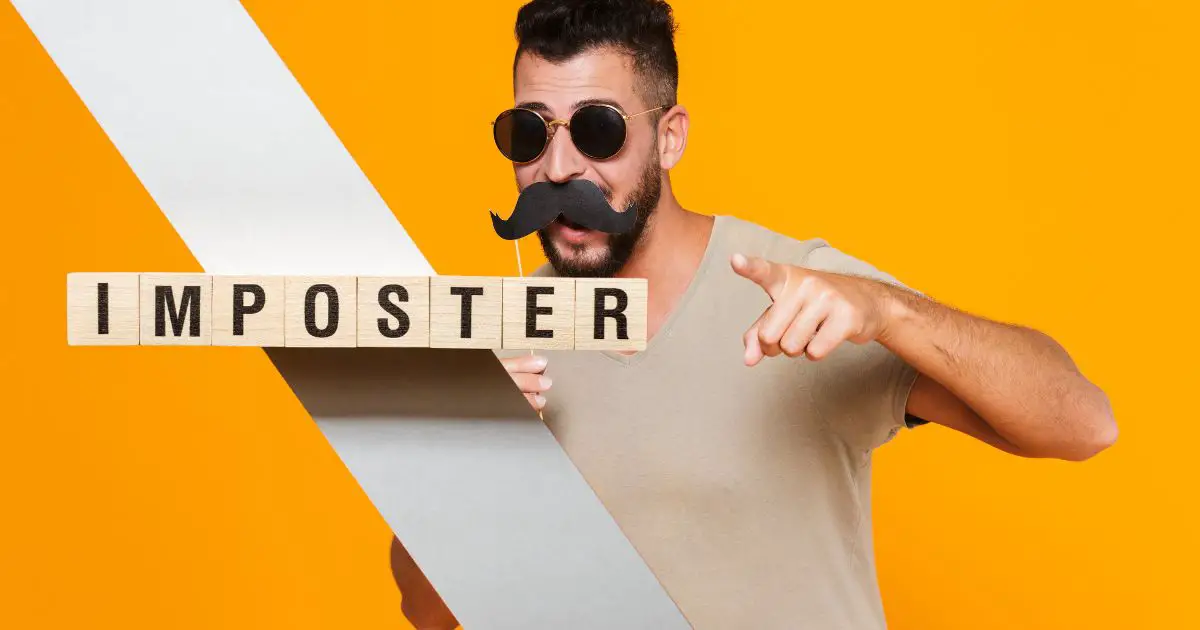If you’re grappling with whether to forgive a friend who’s betrayed you, it’s unquestionably a challenging situation. I’ve found myself in this situation many times, and I understand how tough it can be. Taken from my own experiences, I hope to offer some insights to help you decide and choose the best course of action. In this article, we’ll dig into the intricacies of forgiveness, exploring its significance, potential benefits, and practical considerations in navigating relationships tainted by betrayal.
There isn’t a one-size-fits-all approach to whether you should forgive a backstabbing friend or not. This can be a challenging decision, accompanied by complex emotions and considerations. While it may seem impossible to reconcile with someone who has betrayed your trust, forgiveness can offer great benefits for your own well-being and personal growth.
It comes down to your friend and how much their friendship means to you. If they’re a close, long-time friend, then it’s worth giving them a few chances to make things right. However, if you notice they’re not willing to change, it’s best to end things before it turns into a toxic situation. On the other hand, if they’re not as significant to you, it’s okay to cut ties sooner rather than later.
1. Understanding Betrayal and Forgiveness

What Constitutes Betrayal?
Many forms can embody betrayal, from deceit and dishonesty to the breach of confidence or loyalty. A betrayal is often a trust-dissolving act. It leaves its victims not only hurt and disillusioned but also significantly vulnerable.
Hence, understanding the intricate facets of betrayal is paramount for comprehending its impact on relationships as well as emotional stability. In recognizing these nuances lies our quest towards healing post-betrayal. It’s an acknowledgment that allows us not just to empathize with others who’ve experienced similar wounds but also fosters self-awareness within ourselves, a crucial step in reconstructing shattered trust bonds so integral for healthy human interaction at large.
The Significance of Forgiveness
Forgiveness isn’t a matter of condoning or excusing the hurtful actions others commit. Rather, it’s an intentional decision to relinquish resentment and anger. This conscious choice not only allows for personal healing but also enables forward progression. By releasing grudges and resentments, forgiveness gains power. Individuals can regain their emotional autonomy, liberating themselves from the clutches of previous wounds.
The Power of Empathy
The pivotal role of empathy in the forgiveness process enables individuals to insightfully understand the motivations and circumstances that could have precipitated betrayal. By cultivating this crucial trait, one fosters a deeper understanding of relationship complexities inherent within humanity. Consequently, compassion flourishes while reconciliatory pathways are facilitated.
2. The Psychological Dynamics of Forgiveness

Healing Wounds – The Psychological Benefits
As indicated by research, forgiveness imparts profound psychological benefits. It diminishes stress, anxiety, and depression. Through the expulsion of negative emotions and the cultivation of inner tranquility, forgiveness not only engenders a healthy psyche but also bolsters resilience against adversity.
Breaking the Cycle of Resentment
Choosing forgiveness breaks the cycle of negativity and personal growth hindrance that harboring resentment, and bitterness towards a backstabbing friend can perpetuate. This choice offers a path to liberation. It empowers one emotionally, crucially boosting their overall emotional health.
Building Trust and Repairing Relationships
Forgiveness, though not an assurance of reconciliation or trust restoration, allows for significant dialogue and healing. Through nurturing open communication and mutual understanding. This is where the foundation lies for reconstructing broken relationships with amplified intimacy and enhanced trust.
3. Practical Considerations in Forgiveness

Setting Boundaries
Reconciliation or continued engagement with the individual who betrayed your trust is not a necessity for forgiveness. Essential to this process, setting healthy boundaries safeguards oneself from further harm and cultivates emotional well-being.
Cultivating Self-Compassion
Navigating the deeply personal and challenging journey of forgiving a backstabbing friend requires crucial self-compassion practice. One must navigate this process with kindness towards oneself, understanding that healing demands both time and patience.
Seeking Support
Trusted friends, family members, or therapists can provide invaluable guidance and perspective in navigating the complexities of forgiveness. Seeking their support is crucial. A supportive network, composed primarily of these trustworthy individuals, offers solace during times of emotional upheaval. It also serves as an encouraging force.
4. Overcoming Obstacles to Forgiveness

Dealing with Anger and Resentment
Betrayal naturally elicits anger and resentment. However, maintaining these emotions obstructs the process of forgiveness. By acknowledging and expressing such feelings healthily, through journaling or confiding in a trusted ally, one can lay a pathway towards emotional healing. This will eventually lead to forgiveness.
Managing Trust Issues
Rebuilding trust after experiencing betrayal is a daunting task. It demands patience, honesty, an unwavering commitment to transparency, and consistent effort from all parties involved. However, it’s important not to overlook the time element intrinsic to this process. While forgiveness represents an indispensable step towards restoration of faith, acknowledging that trust may require considerable duration for reconstruction is equally imperative.
Cultivating Gratitude
Cultivating gratitude for the lessons learned and growth opportunities that adversity presents empowers individuals in their forgiveness process, fostering resilience and emotional well-being. Indeed, practicing gratitude can shift focus away from betrayal’s pain towards life’s positives.
5. Embracing Self-Reflection and Growth

Reflecting on Personal Values
Individuals, prompted by betrayal, often reassess their values, priorities, and boundaries. This process can lead to profound insights and personal growth. When they engage in self-reflection, a crucial step towards clarity on relational worthiness, it enables them to set healthy boundaries that align with their self-respect and overall well-being.
Learning from the Experience of Dealing with a Backstabbing Friend
Every experience, even betrayal, provides invaluable lessons for personal growth and self-discovery. Individuals, by seizing the opportunity to learn from such experiences, can foster resilience, and wisdom. They can nurture compassion, ultimately emerging stronger and more adaptable in future confrontations with challenges.
Forgiving Yourself
After experiencing betrayal, one commonly engages in self-blame or scrutinizes their judgment. Self-forgiveness stands as a crucial component of the overall forgiveness process. It enables individuals to relinquish self-accusation and foster self-compassion. As one acknowledges that mistakes form an inherent part of human existence, one can actively embrace forgiveness. This is a pathway toward both inner peace and self-acceptance.
Navigating Misunderstandings in Friendships
Sometimes, we’re quick to label a friend as a backstabber without viewing the full picture. Take my friend’s situation for example: he thought his best friend stole his crush, but in reality, he may have misunderstood the dynamics. Reflecting on his bad habit of claiming ownership over every girl, it became clear he might be viewing things through a skewed lens. It’s important to introspect and consider alternative viewpoints before casting blame.
Rather than resorting to the blaming game, engaging in open communication, and seeking insights from third-party friends, mature friends who understand interpersonal dynamics can offer valuable perspectives. Involving multiple friends, preferably those trusted for their reliability in such situations, can provide a more comprehensive understanding of the relationship dynamics before jumping to conclusions. This approach promotes personal growth and can prevent you from viewing the world negatively and wrongly. Hosting a group discussion within your circle of friends can also allow for clarification, benefiting everyone involved.
Bottomline
In short, deciding to forgive a backstabbing friend is an intensely personal choice. It demands meticulous consideration and introspection. Although it may not wholly eliminate the pain or reverse the betrayal, forgiveness wields transformative power. It can heal wounds, restore emotional independence, and spur personal growth.
Embracing forgiveness with empathy, self-compassion, and resilience is key for individuals. Through this act of bravery, they embark on a journey filled with healing liberation, and ultimately reconciliation. This path leads to profound enrichment in their lives as well as relationships, an experience unparalleled in its depth and significance.





